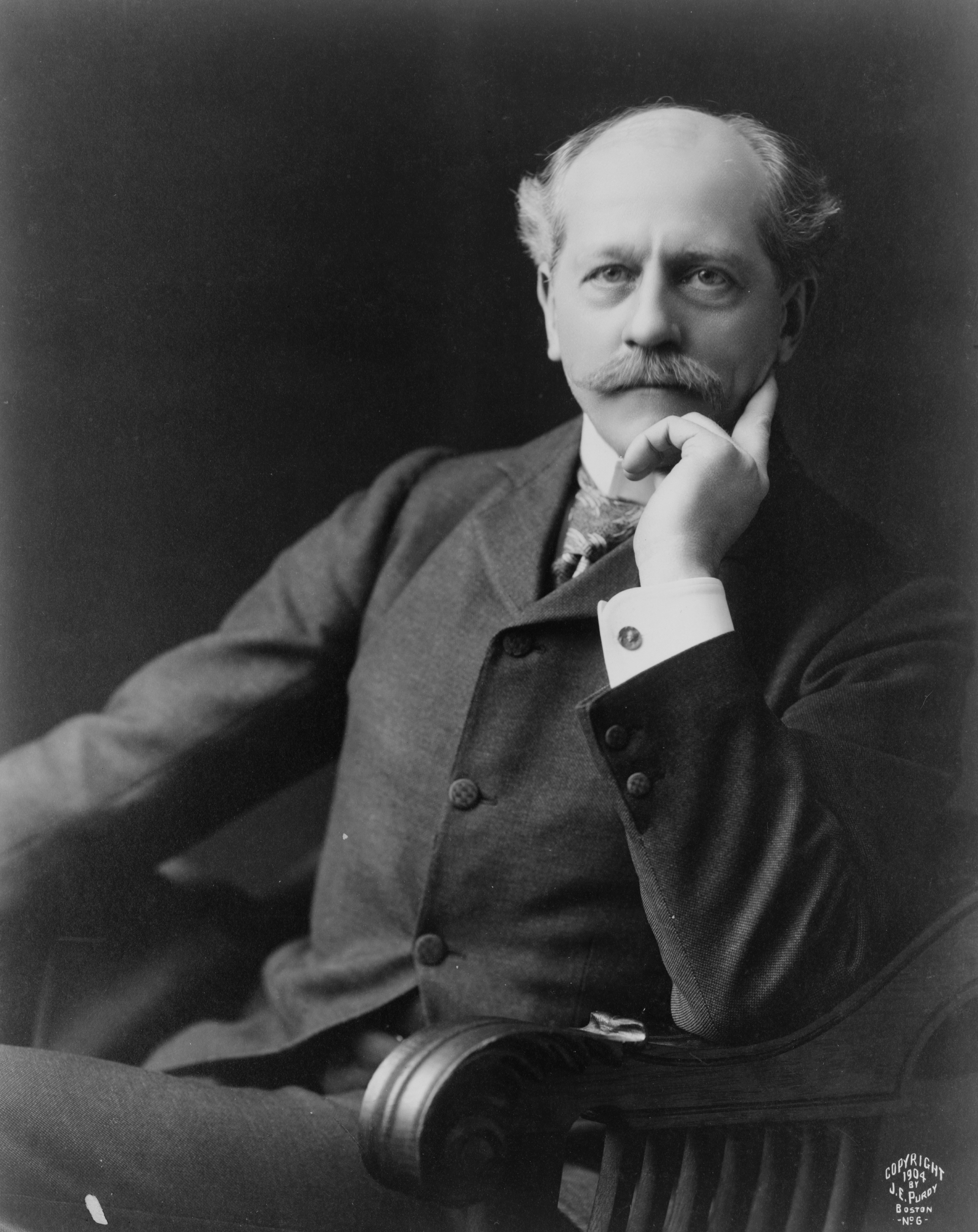“Formulae are the anaesthetics of thought, not its stimulants”
Preface
Mars and its Canals (1906)
Contexto: Formulae are the anaesthetics of thought, not its stimulants and to make any one think is far better worth while than cramming him with ill-considered, and therefore indigestible, learning.
